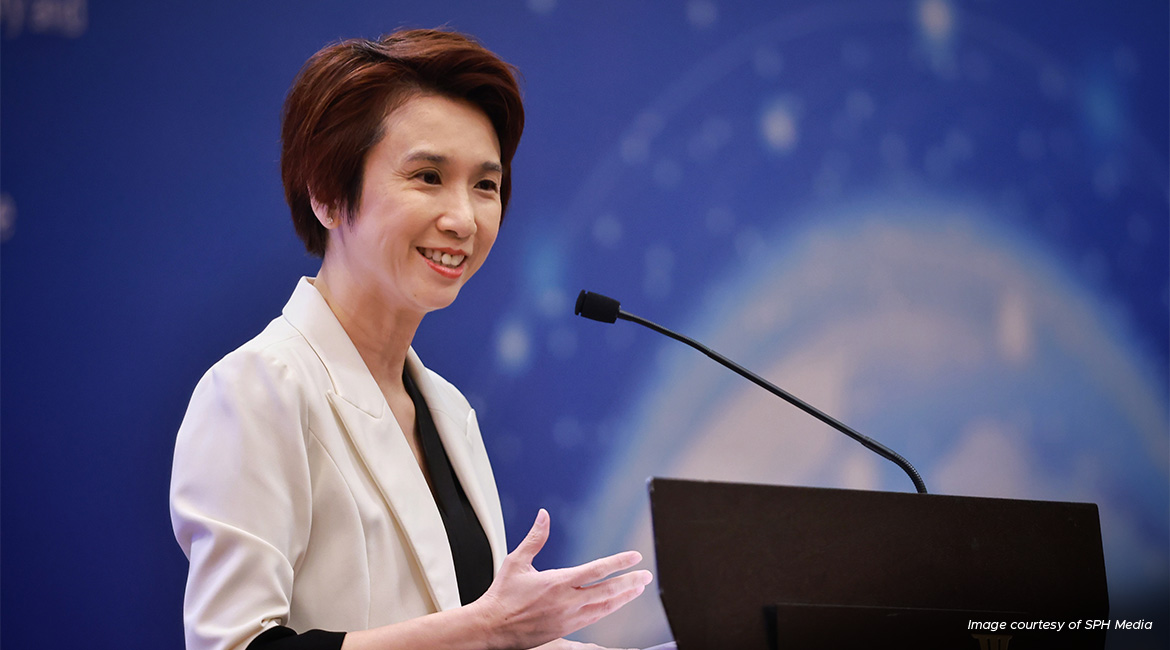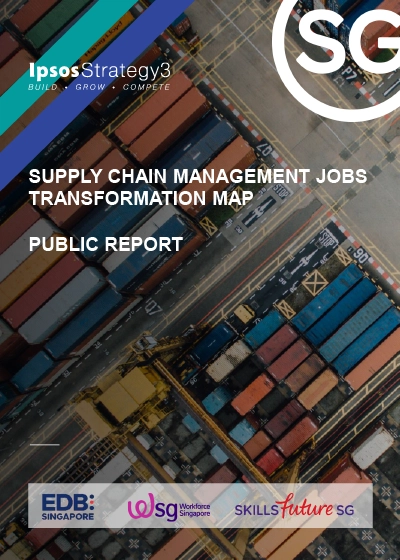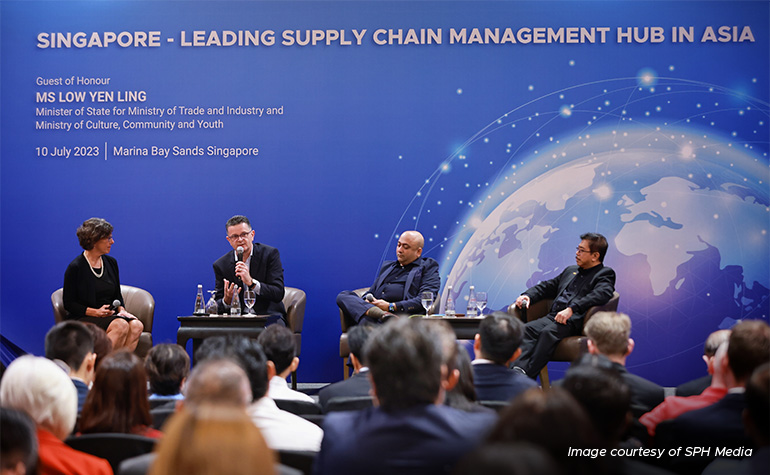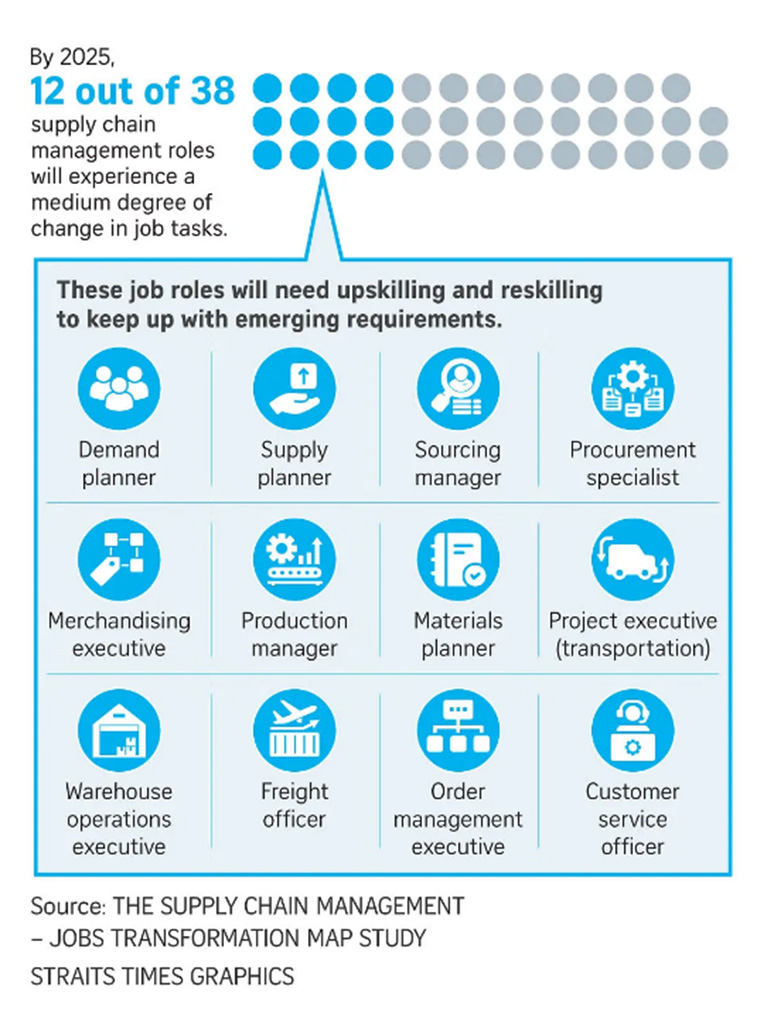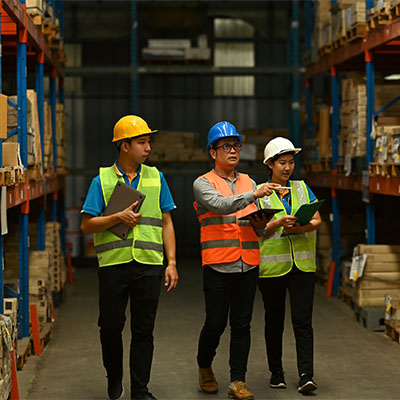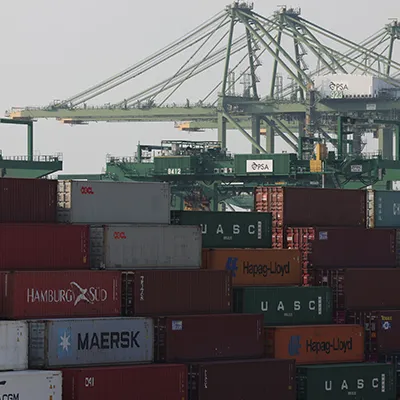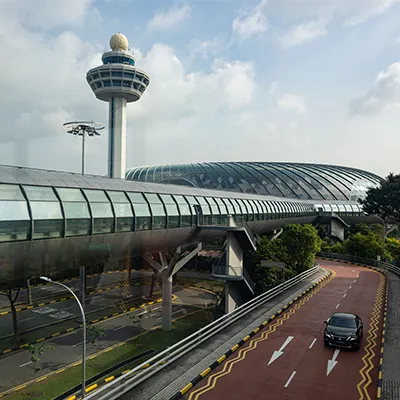“As economic gravity shifts towards Southeast Asia, Singapore offers compelling reasons for companies to anchor their SCM activities here,” Ms Low said, citing Singapore’s strong physical and trade connectivity network as well as track record.
She shared that shipping and logistics giant Maersk will be setting up a second regional distribution centre in Singapore.
“It will anchor Singapore as a major logistics hub in the supply chain network, serving high-value verticals such as healthcare, lifestyle, footwear and apparel, and consumable products,” Ms Low said.
Meanwhile, in the next decade, Tuas Port will be the world’s largest fully automated port with a capacity of 65 million twenty-foot equivalent units, capable of handling the largest container ships. In addition, Changi Airport – with the expansion of its fifth terminal – will increase its annual air cargo handling capacity by 80 per cent when the new Changi East Industrial zone is ready.
Singapore has a robust network of 27 free trade agreements and continues to pursue international partnerships to “promote greater trust, openness and resilience in global supply chains”, said Ms Low.
It has also started building a network of digital economy agreements with partners across the globe, aimed at promoting digital trade and connectivity as well as to foster interoperability of standards and systems.
Ms Low highlighted Singapore’s strong commitment to keep trade lanes and ports open even in times of crisis such as during the Covid-19 pandemic, when PSA port played the role of a “catch-up” port to help connect and expedite shipments to different parts of the world.
Singapore is also home to a growing base of SCM hubs such as consumer goods giant Procter & Gamble’s product supply hub, which optimises planning and manages risks for demand and supply across the Asia-Pacific, the Middle East and Africa.
To ensure the workforce stays relevant and competitive, the Government is supporting companies in training their workers and helping local job seekers acquire relevant and emerging skills, said the minister.
